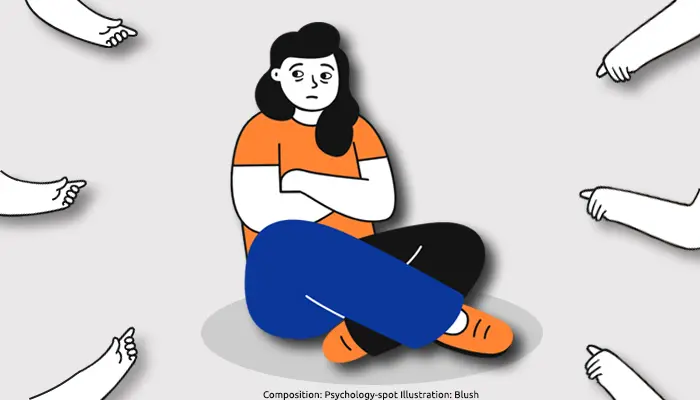
I criticize
You criticize
We criticize
Criticizing can be defined in different ways because no one escapes this trend that has permeated so deeply in our society. In fact, sometimes we don’t even talk, we only criticize. Instead of bringing our ideas, we just criticize others. The problem is that criticism ends up intoxicating, drowning us intellectually and causing a huge emotional poverty.
When criticism is destructive?
Criticism is destructive when:
– It is directed to the person, not his behavior
– It generates feelings of guilt
– It doesn’t allow growing or learning
– Is based on the “right way” of doing things
– Focuses on belittling the other
What really hides criticism?
In the background, we criticize to defend and feed our ego. Critics comes not simply from a disagreement with particular behaviors, ideas or attitudes, but from the desire, often unconscious, to devalue the other, because that increases our value (or at least we think so).
When criticizing we assume a posture of superiority, so far criticism becomes a way to inflate our ego, albeit artificially. Criticism always involves an unspoken message: we are better.
From this perspective, criticism is simply a lack of confidence in ourselves, it is the expression of the need to reaffirm our ego, even if it means disqualify others.
In fact, many of the persons who are critics often have also been widely criticized in its infancy, than they’ve taken criticism as a relational pattern. Because their self-esteem has been damaged by dint of destructive criticism, they have a deep need to feed their ego.
The interesting thing is that, although we criticize for inflating our ego, trying to make the other person look worse than us, what we’re actually transmitting is an image of insecurity, pride and mental rigidity.
We can’t forget that criticism always implies a value judgment. We realized an analysis and have come to the conclusion that such behavior or attitude is not acceptable, it’s not part of our mental patterns and don’t fit our value system.
When we begin to criticize, within us is activated a pattern of aggression and devaluation. What we forget in this equation is that, if we were really better, we wouldn’t be criticizing but trying to help. The truth is that destructive criticism doesn’t help to grow anybody, those who criticize and the criticized.
How to stop criticizing?
Stop criticizing is quite difficult. We’ve been doing that for so many years, is an almost automated behavior. Furthermore, the fact that people around us are constantly criticizing doesn’t help. It’s like trying to quit smoking living 24h in a smoking environment. However, you can try to do it at least for one day.
– Assume the world as it is. That’s it. Remember the Buddhist saying: “It is easier to wear slippers than carpet the world”. If you don’t like something by criticizing it won’t change, actions and not words change the world.
– Get rid of expectations. Having unrealistic expectations about the world turns us disappointed, so far we’ll be more likely to criticize. Learn to live less within your mind and more into reality.
– Be empathetic. Before you criticize, put yourself in the place of the other person. Perhaps you don’t share his/her behaviors or attitudes but at least you understand them. Remember that criticizing is easy, walking into the shoes of the other person is a bit more complicated.
Finally, make this Buddhist principle your mantra: “Don’t pay attention to the things the others do or don’t, pay attention to what you do or stop doing”.
The unhappy people in the world are those who constantly criticize others, those living projected outwards becoming judges, because scared to look within them. So far, stop criticizing is a big step on the path to personal growth. What you get with this change?
– A huge peace. When you stop criticizing, you start feeling calmer because suddenly you stop looking at the world as a judge and start really enjoying the nice things happening to you.
– You rediscover yourself. If instead of criticizing you wonder what would you have done in a similar situation and answer honestly, you’ll discover aspects of yourself that probably you didn’t even know existed. They are all characteristics that normally you deny but show you’re not as perfect as you think.
– You feel safer. Interestingly, when you stop criticizing, you get rid of the influence the criticism of others have on you. When you release others from your approval, you liberate yourself. Therefore, you will feel safer, will trust more on your abilities and care less for others’ opinions.



